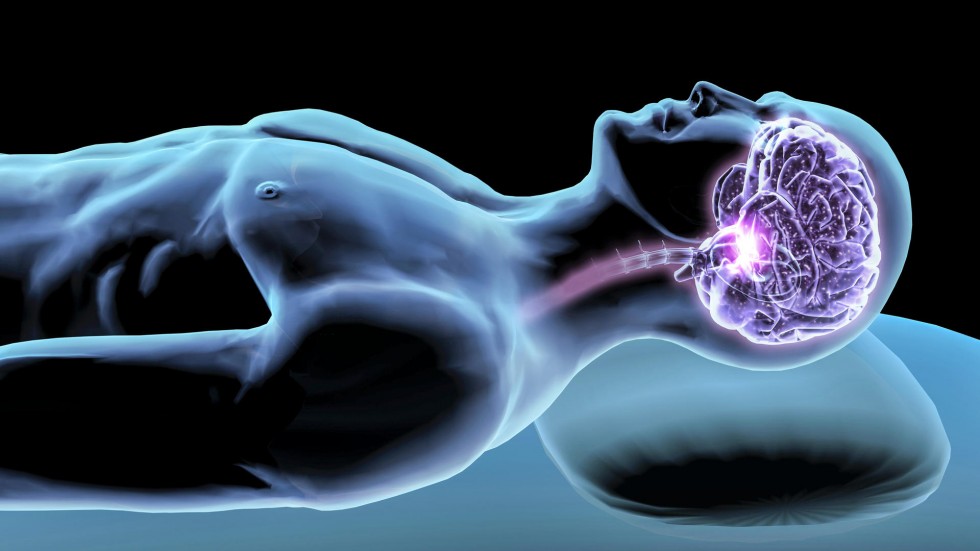During the deepest stage of sleep, known as slow-wave sleep, researchers might have uncovered a mechanism responsible for the creation of memories, according to a new study released in eNeuro.
In the study, a team of researchers at the University of Alberta focused on how the nucleus reuniens could initiate activity during slow-wave sleep. The thalamic nucleus reuniens (RE), a component of the thalamic midline nuclear group, correlates with two additional structures in the brain, the hippocampus and the prefrontal cortex, leading to the creation of memories.
“Before this study, we did not know what was responsible for connecting the prefrontal cortex and the hippocampus,” said Brandon Hauer, the study’s lead author.
“This under-studied and relatively unknown brain area likely has a substantial role in forming long-term memories while you sleep. So if you studied hard for a test and then slept on it, you may have to thank your nucleus reuniens for turning that knowledge into a more permanent memory.”
The findings were determined by the utilization of electrophysiological, optogenetic and chemogenetic methods in rodents.
Based on the results, researchers showed that correlations between both structures through the nucleus reuniens is needed for activity of the slow oscillation.
“Our data show that the connections mediated between medial prefrontal cortex and the hippocampus via the nucleus reuniens appear to be necessary for coordination of the slow oscillation between these structures,” Hauer explained in the findings.
“Together, our data demonstrate that the RE has a critical role in mediating frontal cortical–HPC coordination, particularly during slow-wave/off-line states. This has marked implications for sleep-dependent memory consolidation and highlights the RE as an exciting avenue for future study.”


